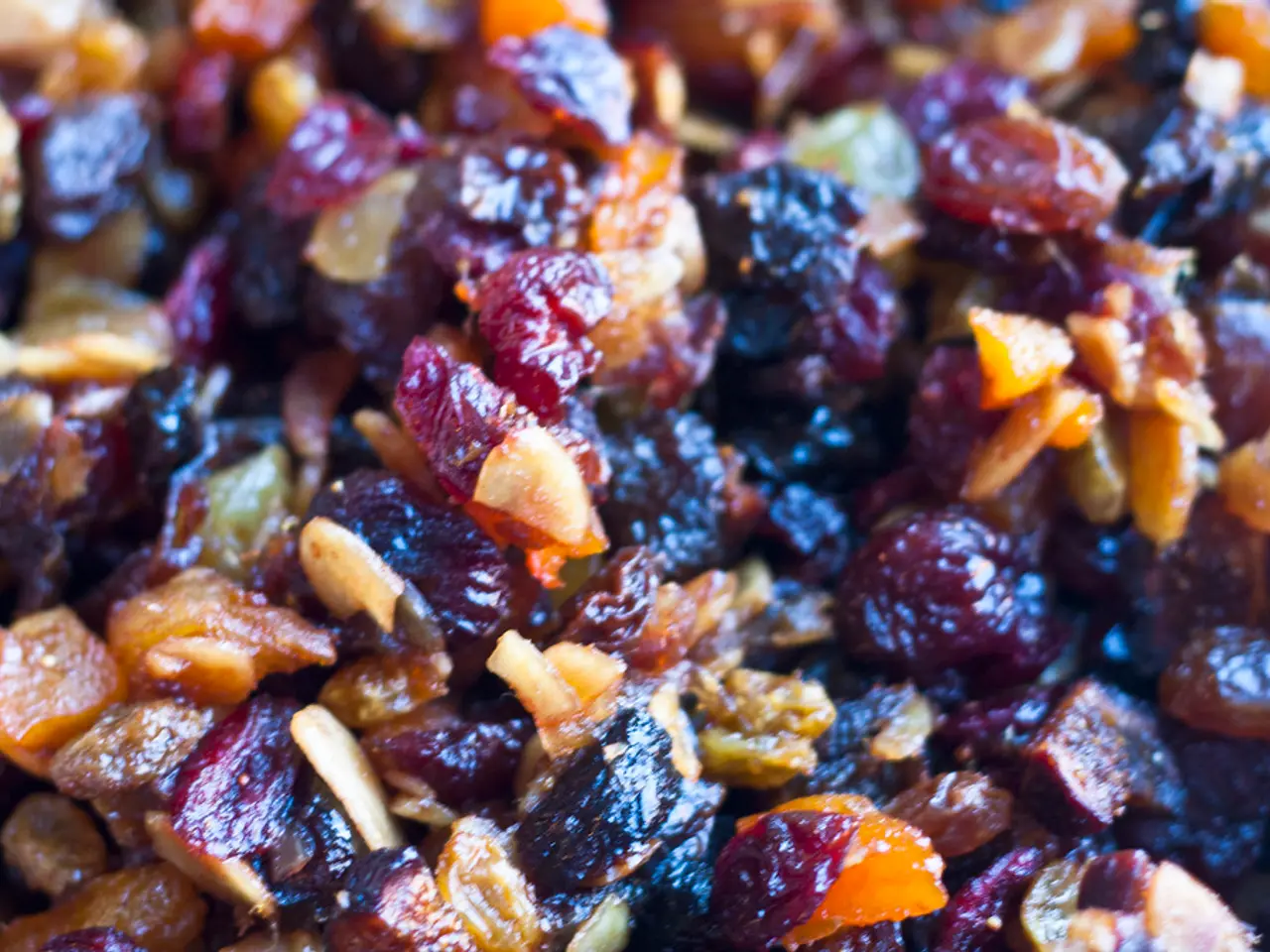Simple Adjustments to Reduce High Blood Pressure Naturally
In the pursuit of maintaining a healthy heart and reducing the risk of life-threatening complications, regular health checkups are essential, especially for those over 30 or with a family history of heart disease. One such common and serious health condition is high blood pressure, also known as hypertension.
To prevent and manage high blood pressure, adopting a healthier lifestyle is key. Here are some effective lifestyle changes that can help:
1. **Limiting Salt Intake:** Reducing salt helps prevent fluid retention that raises blood pressure. Opt for fresh, unprocessed foods and use natural herbs and spices for flavoring instead of salt.
2. **Quitting Smoking:** Smoking narrows arteries and increases the risk of stroke and heart disease. Quitting improves heart health and enhances the effectiveness of medication.
3. **Engaging in Regular Physical Activity:** Aim for at least 30 minutes of moderate exercise daily or 2.5 hours weekly, such as walking, cycling, or swimming. Exercise helps lower weight and supports cardiovascular health.
4. **Maintaining a Healthy Weight:** Excess weight strains the heart and vessels. Losing even a modest amount can significantly improve blood pressure.
5. **Eating a Healthy Diet:** Consider diets rich in fruits, vegetables, whole grains, lean proteins, and healthy fats like the DASH or Mediterranean diet. These diets are low in saturated fat and processed foods and high in key nutrients like potassium, magnesium, calcium, and omega-3 fatty acids that support vascular health.
6. **Limiting Alcohol Consumption:** Women should limit to one drink per day, men two. Heavy drinking raises blood pressure and impairs control.
7. **Managing Stress:** Use relaxation methods such as meditation, yoga, deep breathing, or quiet time to reduce stress, which can contribute to high blood pressure.
8. **Getting Adequate Sleep:** Seven to eight hours of good quality sleep nightly helps reduce blood pressure risk.
9. **Following Prescribed Treatment Plans:** Adhering to medications and regular blood pressure monitoring supports effective management.
10. **Consuming Unprocessed and Fresh Foods:** Opt for lean proteins like lentils, beans, fish, or chicken for heart health.
Regular monitoring allows for timely intervention, whether through lifestyle changes or medication. Preventing high blood pressure doesn't require drastic changes; small steps like eating mindfully, staying active, and avoiding harmful substances can be effective.
Support groups, therapy, and familial support can be useful aids in quitting smoking or reducing alcohol consumption. Brisk walking, yoga, cycling, or dancing for at least 30 minutes every day can significantly improve blood pressure. A healthy diet includes consuming more fruits, vegetables, whole grains, and low-fat milk products. Cutting back on salt and avoiding sodium-rich foods is important for maintaining healthy blood pressure.
By making these changes, you're not only helping prevent high blood pressure but also enhancing medication effectiveness and reducing cardiovascular risk. A healthier lifestyle today can lead to a healthier tomorrow by protecting the heart, improving quality of life, and supporting long-term wellness.
- In addition to regular physical activity, adopting a healthy diet rich in fruits, vegetables, whole grains, lean proteins, and healthy fats can significantly improve heart health, a crucial aspect of mental and overall wellness.
- Furthermore, managing stress through meditation, yoga, or deep breathing exercises, and ensuring adequate sleep are important components of fitness-and-exercise, health-and-wellness, and mental-health routines that support cardiovascular health and blood pressure management.




